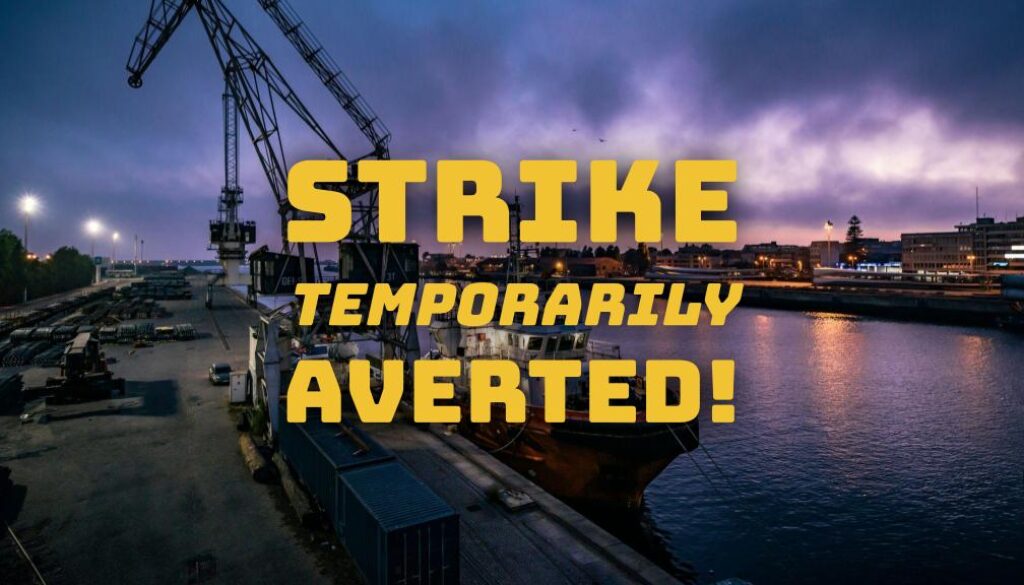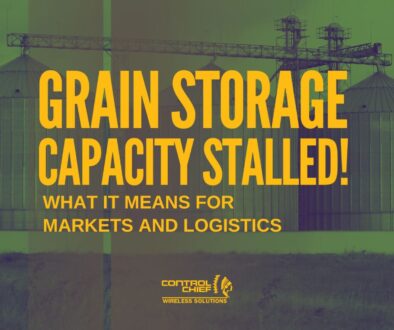Dockworkers’ Strike Suspended: Tentative Agreement Reached Amid Port Disruptions

The three-day dockworkers’ strike that disrupted 36 major U.S. ports has been suspended following a tentative agreement between the International Longshoremen’s Association (ILA) and the U.S. Maritime Alliance. This strike, involving 45,000 dockworkers from Maine to Texas, was the largest since 1977, halting the movement of goods and causing significant economic strain.
62% Wage Increase Agreed
According to Fox News, the ILA and the U.S. Maritime Alliance have agreed on a 62% wage increase over the next six years. Dockworkers will resume their duties until January 15, 2025, allowing both parties time to negotiate on other key issues, including automation at the ports—a concern that remains unresolved.
Ports are now working to clear the backlog of cargo caused by the strike, with at least 54 container ships held up outside major ports during the three-day work stoppage. The economic damage caused by the strike could have reached $5 billion per day, according to Sky News Australia. However, with operations resuming, the immediate impact has been mitigated.
Potential Bottlenecks that could impact Grain Markets
While the tentative agreement brings temporary relief, the grain market remains vulnerable to future disruptions. As noted in a recent commentary by the Grain Markets and Other Stuff YouTube channel, the bottlenecks caused by the strike could continue to affect agricultural exports. If negotiations break down after the January 2025 deadline, another strike could exacerbate these issues, delaying shipments and driving up costs for farmers and grain suppliers.
U.S. ports play a crucial role in the movement of agricultural products, and any further interruptions could ripple across the grain supply chain. Producers and exporters are advised to stay vigilant and consider alternative logistics strategies should the negotiations stall or fail to produce a long-term resolution.
The temporary end to the strike is a positive development, but with unresolved issues still looming, the risk of further disruption remains high for sectors like agriculture that rely heavily on efficient port operations.
Control Chief Corporation manufactures industrial remote controls and locomotive remote control solutions serving the grain and agricultural industries. We keep our customers informed of industry trends and news to help them navigate challenges like the current port strike. Stay tuned for more industry updates.
Views: 1



